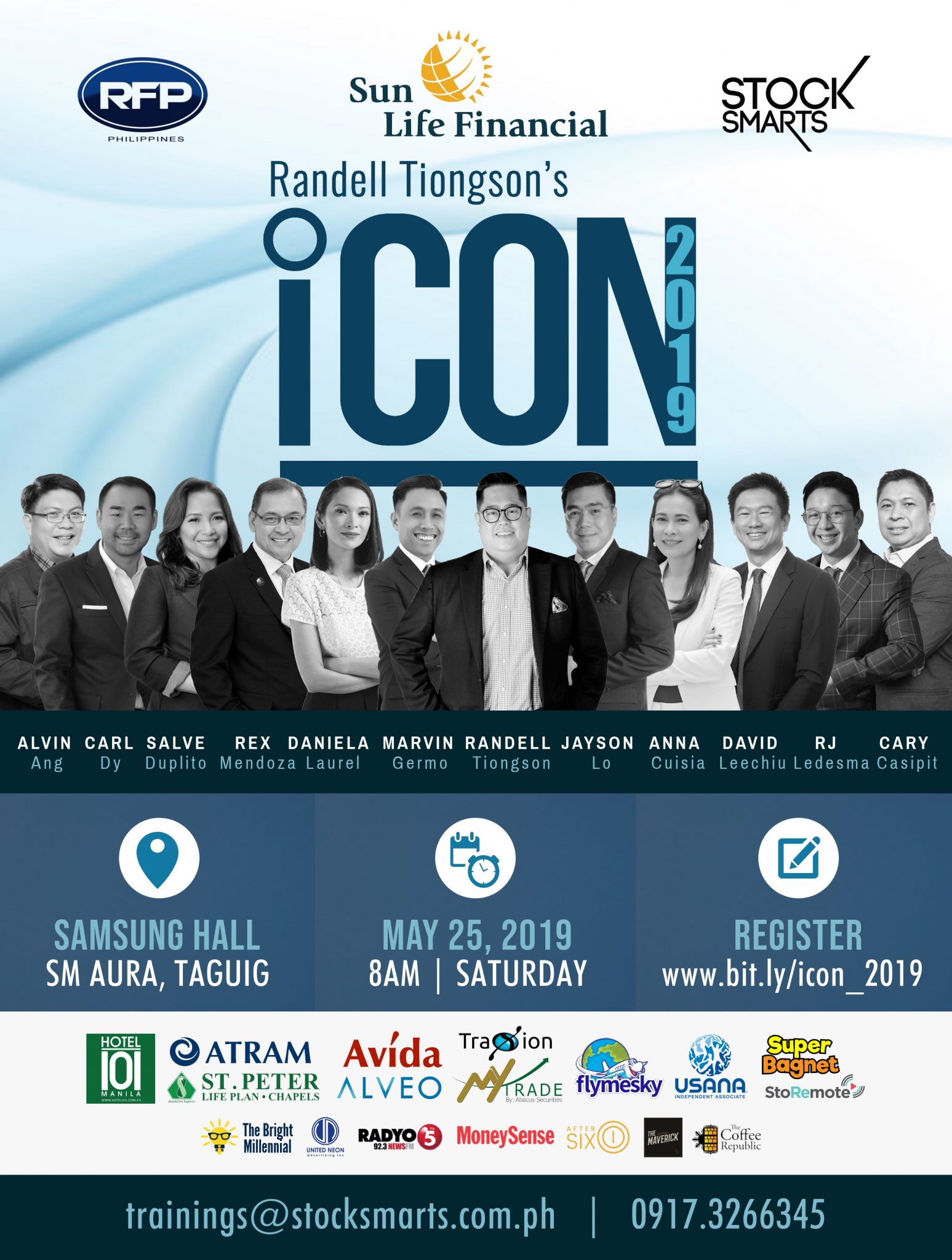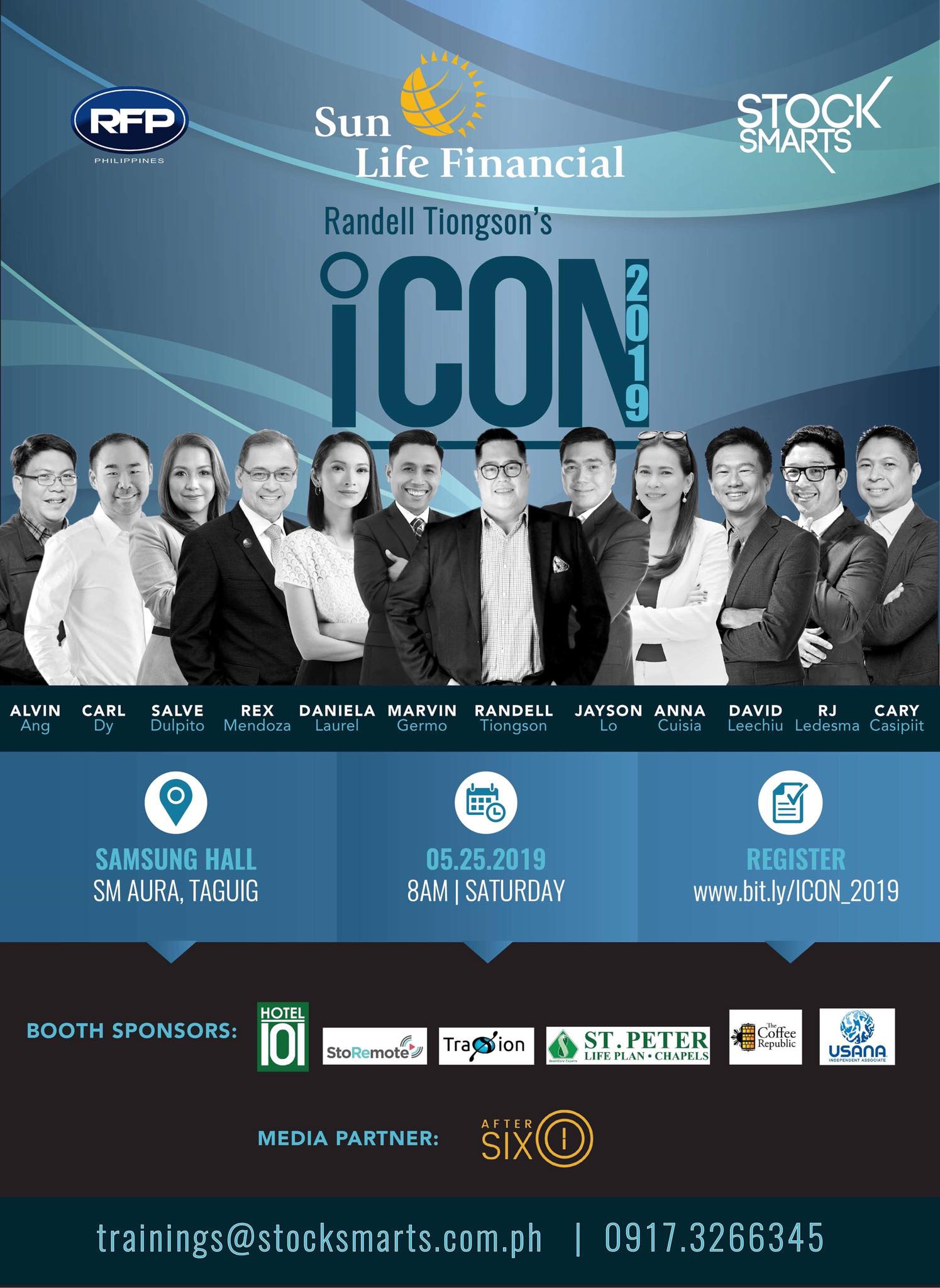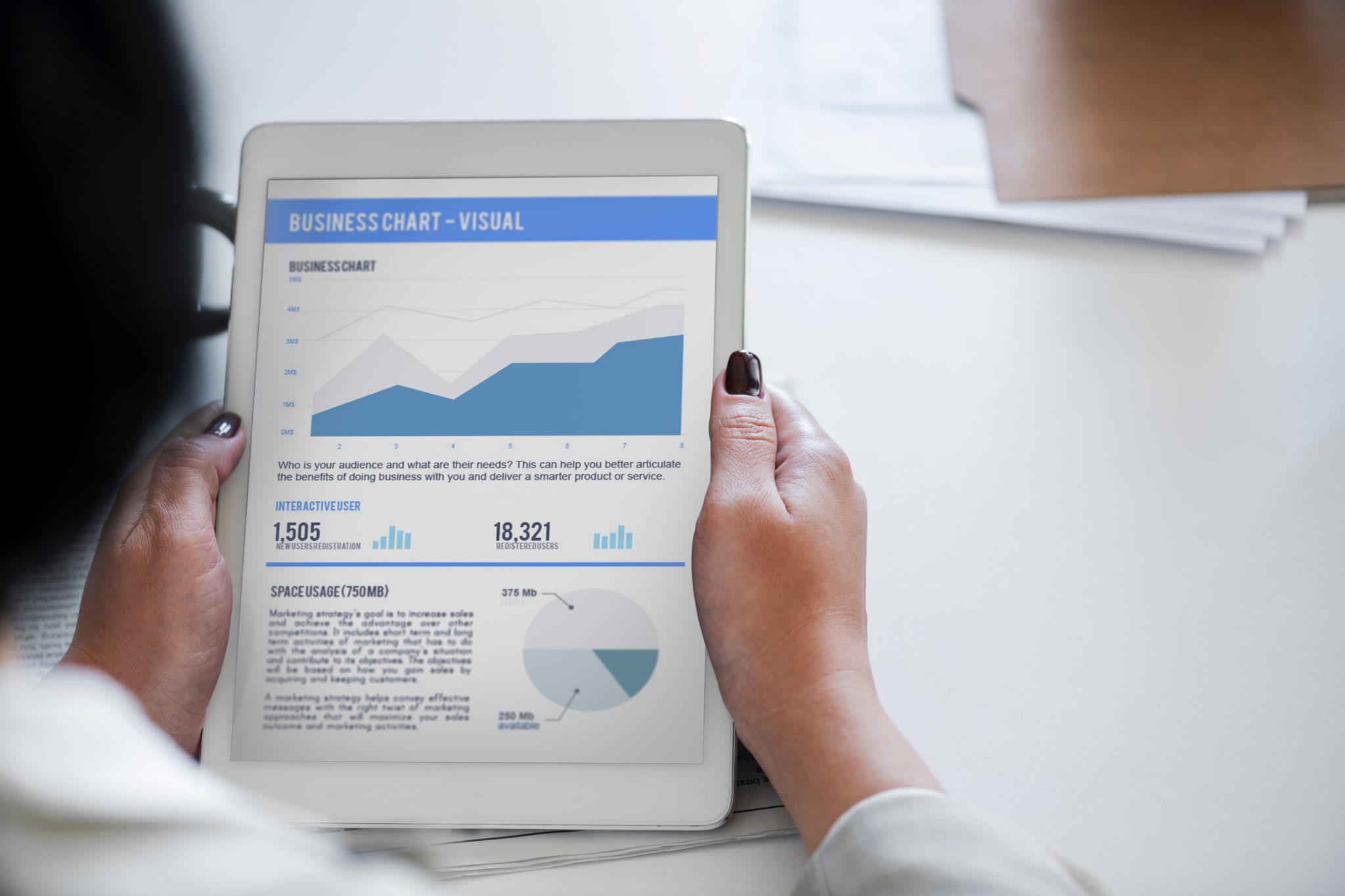Are UITFs a good investment?
By Randell Tiongson on April 20th, 2019

UITFs, or Unit Investment Trust Funds, are pooled funds offered by the trust department of the major banks of the country.
But what is a UITF?
As per the website (www.uitf.com.ph) of the Trust Officers Association of the Philippines (TOAP), it is “an open-ended pooled trust fund denominated in pesos or any acceptable currency, which is operated and administered by a trust entity and made available by participation. Each UITF product is governed by a Declaration of Trust (or Plan Rules), which contains the investment objectives of the UITF as well as the mechanics for investing, operating and administering the fund. Most UITFs are considered medium- to long-term investments. Clients considering to invest in UITFs must have the financial resources to stay invested in them for a reasonable period of time in order to maximize earnings potentials. If the funds to be invested will be needed by the client in the immediate future, the UITFs may not be a suitable investment vehicle for such client.”
I have written a few posts about pooled fund where I mentioned that pooled funds are investments where people put their money, with an investment manager handling the investments.
To explain further, let me use this analogy: Assuming you want to invest but do not know the first thing about investing in stocks or bonds. You can join a “pool” of investors who allow an investment manager to invest for them, subject to the objectives of the fund. Since there are many investors in the fund, the amount generated by the fund becomes sizeable and an investment manager will invest it for you. The investors actually own the funds and the investment manager (usually an institution) simply manages it. Ownership of the fund is through shares, much like owning shares in a corporation. Of course, the investment manager earns from this arrangement through the charging of management fees.
Is it is a good idea to invest in a UITF? —my answer will be, “It depends!” Like any investment instrument, you must first ascertain your investment objective, time frame and risk tolerance. UITFs (and mutual funds or VULs) are not short-term investment vehicles. If the purpose of your investment is short-term in nature, say less than three years, then it is not a good investment for you because UITFs are market to market investments. The value of a UITF will depend on the performance of the market it is invested in.
If the market of the fund you have invested in, say stock funds (equities), is on a rise, expect the value of your UITF to go up, and vice versa. Pooled funds, of which UITF is one type, are not bank products and do not carry guarantees. They are not covered by the PDIC as well.
However, having a non-guaranteed investment is not necessarily a bad thing because it also means that the yields you can get from investing in them is potentially higher.
If your investment is long-term in nature and your risk tolerance is moderate to high, UITFs can be a good vehicle for you.
Let’s assume that you are investing for retirement, a UITF is a good vehicle to help you build up your retirement funds because the long-term nature of your need will allow you to weather the fluctuations in your funds.
Even if there are fluctuations or gyrations, investments in UITF (or other pooled funds life mutual funds and VUL) are generally on the growth side. Performance is largely dependent on the fund you have chosen to invest in and the rules of risk and return relationship will dictate its performance.
Riskier funds like stock or equity funds will generate higher returns than lower risk funds like bond funds in good years and, of course, expect to have negative growth in bad years.
UITFs allow you to invest according to your risk tolerance. Low risk for bond or fixed-income funds, high risk for stock or equity funds and moderate for balanced funds, which can be a combination of bonds and stocks.
I also like the idea that you don’t need a lot of money to invest in UITFs. Most banks will allow you to invest for as low as P10,000.
BDO, BPI and other banks even have programs where you can invest as low as P1,000 per month which is a great idea for many of us.
A big advantage of UITFs is professional investment management.
Those entrusted to invest UITFs are well experienced, full-time investment managers who are trained to invest properly.
They are mostly objective and are not prone to emotional investing, which is a common mistake of newbie investors.
Of course, the downside of UITFs is that there is management cost. But this is only fair. Another problem I see with UITFs is that the branches of the banks are not properly trained in handling inquiries on the UITFs and there have been reports that some branch personnel even discourage their customers from investing in UITFs because of their non-guaranteed nature.
As to which bank is the best-performing, you may check out posted performance in publications and the Internet.
However, do not look at current performance alone. A fund with an aggressive fund manager will do well in good investment markets but will perform poorly when the markets are down. What you should consider are long-term performances, like their last three or five years. Lastly, look at their charges as not all banks offer the same charges.
Learn how to invest like a seasoned investor by attending #iCON2019 this May 25, 2019. Register via www.bit.ly/ICON_2019

Personal Finance Q&A
By Randell Tiongson on February 15th, 2019

I get a lot of personal finance questions on a daily basis which I always try to answer in the best possible way I can.
Let me share you some questions I received and my answers…
What are UITFs? Asked by Therese
UITF stands for Unit Investment Trust Funds, it is a kind of investment that is being offered by the trust departments of big banks. UITFs are pooled funds, where investors put money in a fund and there is a fund manager that will invest for them according to the objectives of the fund. Depending on where it is invested, UITFs can be conservative, moderate or high-risk investments. UITFs are good investments for long-term objectives such as retirement or the college education of young children. Though they are not guaranteed investments, they have proved themselves to be a good way to grow your money in the long-run. Remember that UITFs are long term investments so if you plan to use your money in the short term, do not put them in UITFs.
Should I invest my money in business or in the stock market?Asked by Jason.
Comparing a business and stocks is difficult, like comparing apples and oranges. While both are investments and both are risky ones at that, they operate and function differently. Owning a business means you are operating it yourself and you are on top of the company. You have a direct involvement on how the company operates. The benefit of having your business is that you own all the profits and the gains of the business. The downside is that should the business fail, you will bear all the losses and you may not have the competence and experience to make a business succeed. Stocks are fractional ownership of businesses, big ones at that. Buying stocks lets you have a part of a successfully big company or several companies and you stand to earn dividends or capital gain of your shares when you trade them in the stock market. Downside of stocks vs. business is your gain, an issue of scale. You stand to get a much better return for your money when your business succeeds as against stocks.
What the risks are in investing your money?Asked by Patrick
Well Patrick, the biggest risk involved in investing is capital loss. While some investments are guaranteed, the good ones where you can earn more are never guaranteed. Returns are always a function of the risk you take – the higher the risks are, the higher the potential returns. Some investments like stocks and mutual funds are fluctuating – they do not appreciate in a straight line and expect them to be fluctuating constantly. But if you invest over a long period, like over 5 years, the chances of loss of money is minimized as investments fluctuate up over the years. Low risk investments are not necessarily free of risk – the biggest risk for guaranteed or low investments is inflation. Low risk means low return and they are often below inflation rates.
Who should be in charge of the money, the husband or the wife? Asked by John
Our Filipino custom dictates that the wife should be in charge of the finances. However, our customs are not always right. Finances are conjugal and how to manage money should likewise be conjugal. I don’t think only one spouse should be given the sole responsibility on how to be in charge of the money – both should discuss and agree as to what to do with their finances. The operation of the family budget like payment of bills, balancing of the check book and the like can be delegated to the husband or the wife. Which spouse? Well, the one who is more financially disciplined should be the one – whether a husband or a wife.
Is there is a formula to be able to build wealth. Asked by Bianca
Yes Bianca, there is a formula — a fundamental process that you can follow that will allow you to build your wealth. Let me first say that achieving wealth is a process and there are no short cuts to wealth. In my book No Nonsense Personal Finance, I outlined 5 steps for wealth. First step is to increase cash flow; you can achieve this by earning more money and spending less money. Step 2 is getting out of debt – as debt will prevent you from achieving your goals. Step 3 is building your emergency fund – 3 to 6 months worth of your expenses is a good measure. Step 4 is getting insurance for your protection. Finally, the 5th step is learning to invest for your future.
Got more questions? Let me know and I will try to answer them!
Catch me at my seminars in Dubai, Japan and Manila
Dubai – www.bit.ly/RFPUAE2019 Dubai – www.bit.ly/MTUAE2019
Dubai – www.bit.ly/MTUAE2019
Japan – www.bit.ly/investinginsightsjapan2019
Manila – www.bit.ly/ICON_2019
I am now ready to invest
By Randell Tiongson on February 9th, 2019

Question: I have been a reader of your column and blogs and I learned much from it. I am now debt free and have some emergency funds and savings and I am now ready to invest. Where should I put my money? – Name withheld upon request, asked via e-mail
Answer:
Congratulations for being disciplined enough to be debt free, establish your emergency funds and consider investing – you are on your way to achieve financial peace!
I am sorry that I can’t give you a specific answer as to where you can invest your hard earned money as I will need to further understand your situation before I can make any recommendation. I can however give you some broad guidelines, which I hope can help you arrive into a more informed decision.
You mentioned emergency funds and savings for investing so I will try to give you my thoughts for both.
As to emergency fund, I do not recommend that you invest that as the purpose of this money is for funding against life’s emergencies. Whenever you invest money, there is always the risk of some capital loss and there will be some form of liquidity risk involved, as you may not be able to immediately convert the investment into cash. It is best to keep emergency funds into cash or near cash instruments such as time deposits and treasury bills. If you are still keen on investing your emergency fund, you may opt to put some of it in very low risk investment instruments like UITFs or mutual funds invested in the money market or bonds. Obviously, you can’t expect much return even for those funds but I suppose it’s better than what you can get from savings and time deposits. I recommend that you should only invest a maximum of 50% of your emergency funds in the instruments I mentioned and the rest should be in cash for easy access.
As to your savings on top of your emergency fund, you should consider a few things before letting go of your money. In my book, the No Nonsense Personal Finance: A Step by Step Guide, I outlined some basic guidelines:
Know you investment objective: Before you do anything with your hard-earned money, I would recommend that you first consider what your investment objective is. I often tell people that our objectives will determine nearly every action we make with regards to finance. It is crucial that you first determine the reason for the investment. What is the investment intended for? What do you wish to achieve in making such an investment? Is it for retirement, future education needs of your children, purchase of an asset, or a general fund? Knowing what your objectives are will help you choose the appropriate investment for you.
To simplify objectives, categorize the general purposes of your investments according to the results in capital growth, income generation, or both. Certain investments will yield according to your desired purpose. For instance, people buy real estate properties because of capital appreciation while some people buy them for income purposes.
Know your risk tolerance – Risk and return are two correlating factors that you must always keep in mind when investing. Some people focus too much on returns and forget about risks, while others just look at risks at the expense of returns.
Here’s a very basic principle in investing — returns will always be a function of the risks you are willing to take. The risk-return relationship is simple and yet it is fundamental. The higher the potential yields are, the higher the risks will be; the lower the risks are, the lower the yields will be as well. No amount of financial engineering can change the fundamental fact of the risk and return relationship. Determine if you are a conservative, moderate or aggressive investor. If you are a conservative investor, it is wise for you to stay away from risky investments like stocks, lest you will experience a lot of sleepless nights when markets go south.
Know your time frame – When will you need the bulk of your investments? Are you investing your money just to park it while waiting for big-ticket items such as tuition or the proper investment? Or are you investing with a long-term goal of 10 years in mind? There are short term, medium term, and long-term objectives, and there are corresponding short, medium, and long-term instruments for such. It is unwise to use short-term instruments such as time deposits or Treasury bills (T-Bills) for long term investments like retirement, education, and anything that has more than a three-year life span, as you will lose on inflation. On the other hand, you should not use medium or long-term instruments such as pooled funds (Unit Investment Trust Funds or mutual funds), equities, or variable universal life insurance for short-term objectives where you will need the funds in one year or less; you run the risk of capital loss. Emergency funds are considered short-term objectives and must only be invested in short-term and very liquid instruments.
Take time to learn more about proper investing by reading books, articles and blogs, attending seminars and go ask around from as many people as you can. Investing is not rocket science and a little effort can really help you make prudent decisions in making your money grow.
For our dear Filipinos abroad, you catch me at the following areas for my seminars: Dubai & Tokyo.
www.bit.ly/RFPUAE2019
www.bit.ly/MTUAE2019
www.bit.ly/investinginsightsjapan2019







